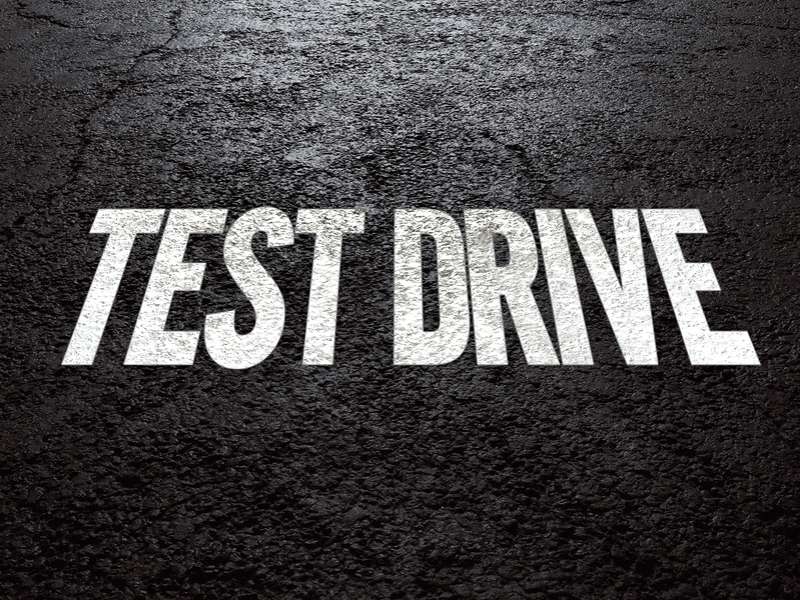Recent Articles
Popular Makes
Body Types
Ten Common Car Shopping Myths
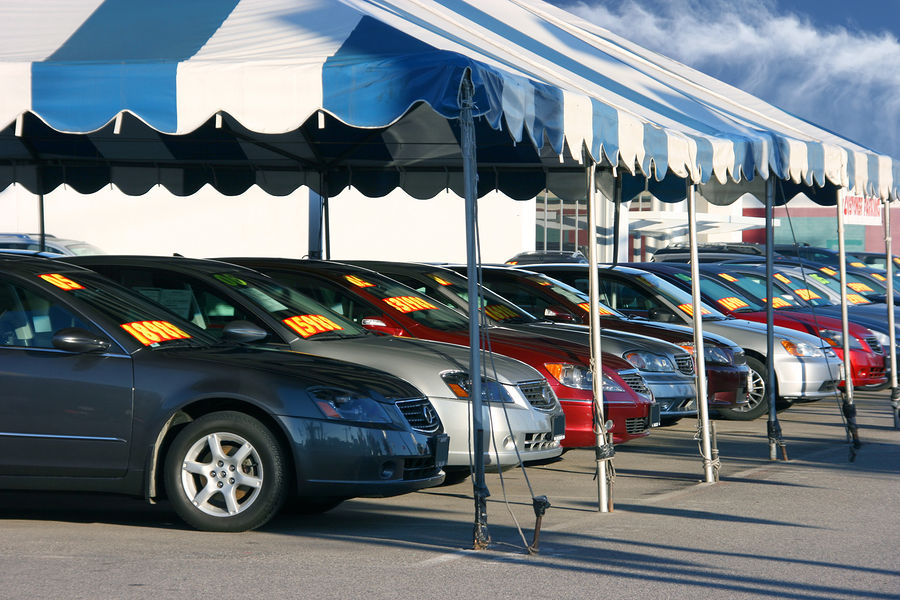
Seems everybody has great ideas about the best way to get a good deal when you’re buying a new car. Thing is, many of them are rooted in misconceptions, old ideas, or just plain ignorance. Despite these ten common car shopping myths, buying a car is largely just like doing any other kind of business deal. You decide what you want, do your research to see what you’re dealing with, try to find the best price possible, and make your deal.
With that said, it is in always in your best interest to determine your needs and do your homework. This will enable you to choose the car best suited to your situation, learn the market, find out how much it’s selling for in your area, and try to get as close as possible to that number.
Frankly, what it really boils down to is having realistic expectations, negotiating in good faith, and being willing to stand your ground until you get what you know is right—because you’ve done the research and know what right is.
With that said, here are ten of the most common car shopping myths…
All Car Dealers Are Out To Rip You Off
Car dealerships are businesses, and as such their owners are trying to maximize the return on their investment. With that said, yes, it is very possible to pay considerably more for a new car than you should. However, that doesn’t mean you got ripped off. What it means is you did not do your homework and wound up paying the price for not doing so. These days, there is no excuse for not knowing the manufacturer’s suggested retail price (MSRP), the price most people in your area are paying, how much your trade-in is worth, what interest rate you qualify for, and how much to expect to pay for insurance for any given car. It’s all right here on the Internet. Would it be nice if all of these things were set in stone and you could buy a car the same way you buy a pair of shoes? Yes, but the reality is there are far too many variables where cars are concerned for it to be done that simply. Therefore, it behooves you to learn all you can about the car you’re buying and the car you’re selling so you can get the best price possible for each.
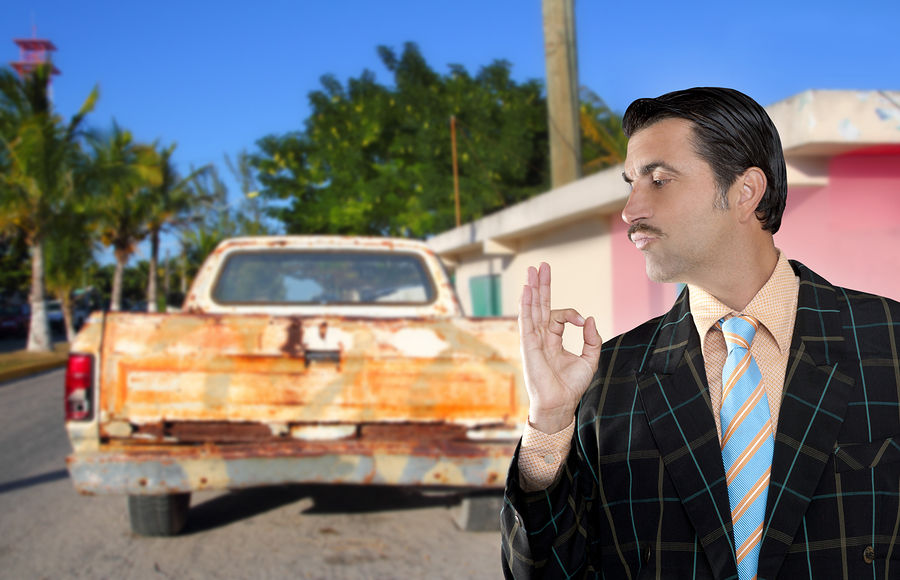
Paying Cash Gets You A Better Deal
Frankly, the dealership gets paid in cash regardless of how you pay. Whether you write a check, pull crisp currency out of your wallet, charge it on your American Express black card, or go through a bank for financing—the dealership ends up with cash. In fact, the dealer might well make less money on the deal if you pay in cash. Why? They have deals with financial institutions that give them a slice of the financing fees when you finance a car through them. Let’s say you qualify for a loan at five percent and you finance thorough the dealer at seven percent, that extra two percent typically goes straight to the dealer. In many cases they actually get paid more when you finance. Further, many financial institutions pay dealers to bring business to them, so if they don’t write your financing that’s money they don’t get. Paying cash for a new car isn’t really advantageous to you in that way. It might feel good to do, but that’s about it.
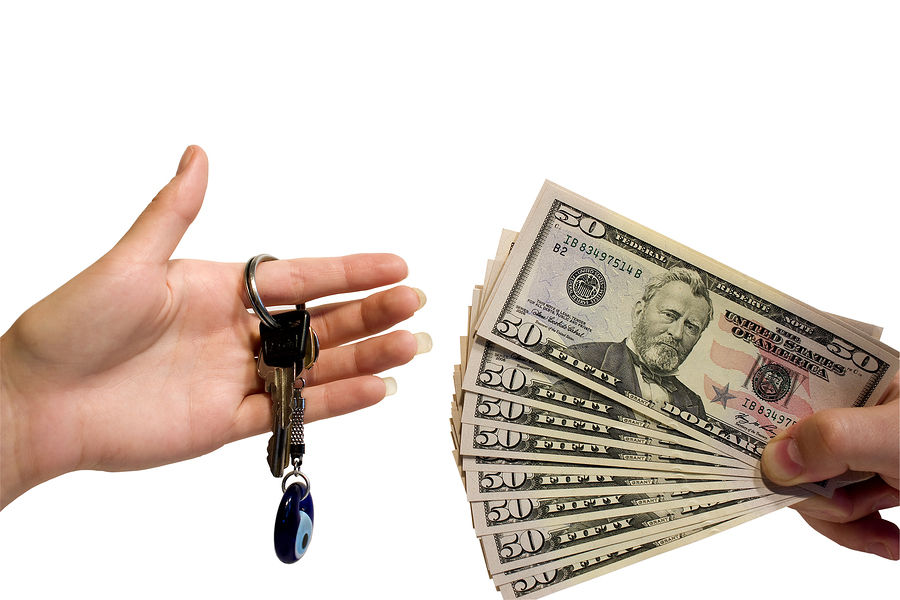
The Lower The Payment The Better The Price
This one depends upon your concept of a better price. Just because you see your favorite car advertised at $200 a month, it doesn't mean the ad is promoting a good deal. You see, the longer you stretch out the payments on a new car, the lower your monthly payment will be. But if you paid any attention at all in math class, you should be able to figure out $200 a month over seven years is way more money than $250 a month over five years. For this reason, it’s very easy for a dealer to give you a lower monthly payment and still charge you more overall for the car. It’s a simple equation—the longer you pay, the more you pay. BTW, if you find yourself needing to finance any car for longer than five years to make the monthly payment fit your budget, you can’t afford that particular car. You need to be looking for something less expensive. The last thing you want to be doing is making payments on a car on which the warranty has run out.

Drive A Little Save A Lot
Just because a dealer is farther away from where you live, it doesn't by necessity follow that dealer has better prices. Ultimately, any dealer can sell any given car at the pretty much the same price as another dealer. They are all pretty much on the same footing (more or less). This it true whether they’re located five miles from where you live or 50 miles from where you live. While it’s true an outlying dealer might offer you a better price sooner because they don’t get the kind of showroom traffic your local dealer does, ultimately, if you do your research, shop around a bit, and come in with a realistic offer based on your research, you’ll get the price you want pretty much wherever you go. The key is to be realistic in terms of your offer.
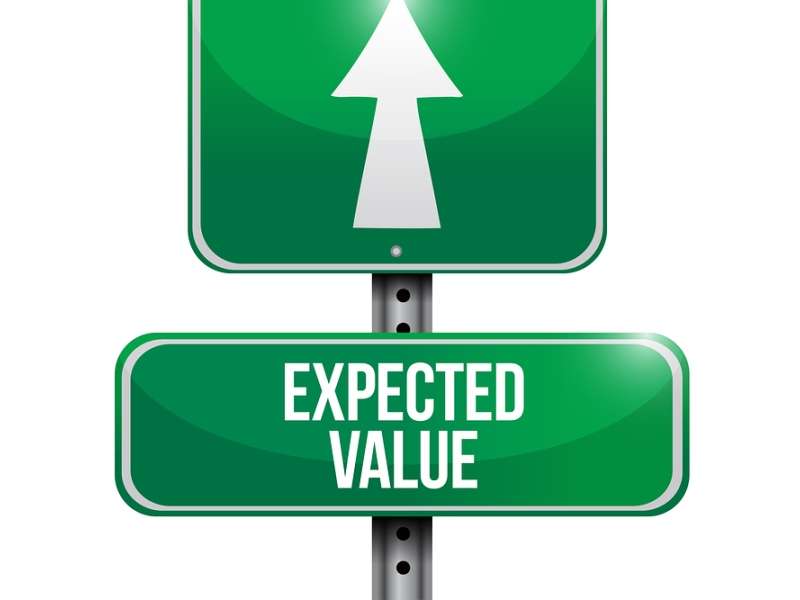
Go In To Buy Just Before The Dealership Closes
While it’s true you may likely close your deal more quickly in this instance, what isn’t true is the dealership will roll over and play dead just so they can shut the lights off and go home. This only works if you’re offering a reasonable amount of money for the car. If you’re making an offer comfortably within range of the dealer making a fair profit on the sale, (and yes, a dealer is entitled to make a fair profit on the sale—it’s a business after all, and businesses need to make a profit to continue to provide a service) odds are you’ll close your deal more quickly. If you’re thinking you can walk in at 8:55p, make an offer way below invoice, and get your deal just because the place closes at 9p—yeah, you’re dreaming pal.

Reveal You’re Leasing At The Last Minute
OK, so you go through the entire negotiation process based on a buy with the salesperson, to finally arrive at a price at which you can both be comfortable doing the transaction. Then, just before you sign, you say, “You know what, let’s do a lease based on this price instead.” The school of thought goes you’ll get a better price because you’ve negotiated the price of the car down, so you can set up a lease based on that price, which will have even lower payments because the lease is only based on part of the price rather than the whole price. Thing is, you might be doing yourself a dis-service because there could well have been special leasing rates you could have taken advantage of right out of the gate. Many manufacturers offer special lease deals, but if you negotiate based on a buy, you won’t hear about them. And, if you’ve antagonized your salesperson with such a ploy, they’re likely not going to be inclined to tell you about them. It’s best to do your homework, find out what you’re dealing with, and negotiate above board—based on solid information.
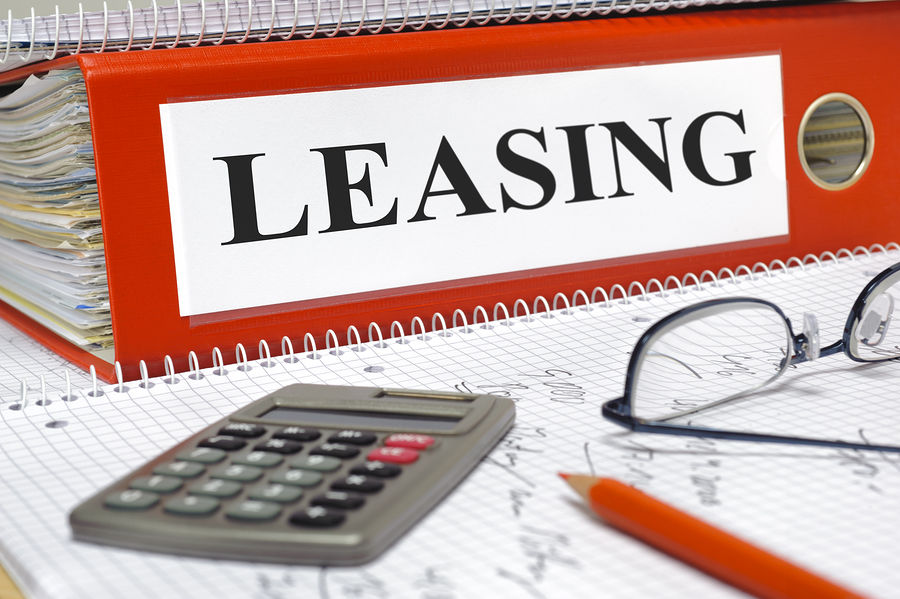
Revealing Your Trade-In At The Last Minute Gets You More For Your Used Car
Here, the idea goes if the salesperson knows you have a trade-in, they’ll give you less for it so they can charge more for the new car by hiding some of its price by giving you less for your trade-in. Frankly, if you’re trying to maximize what you get out of your old car, trading your car in at a dealership is just a bad idea—period. Your best move is always going to be to sell it yourself. The dealer routinely buys cars at wholesale, so why would they pay you retail for your trade-in? Expecting that to happen is delusional. If there is one common theme through this article you need to understand, it is this; car dealerships are businesses, businesses need to make money to survive. They make money by making a fair profit on the cars they sell. In order to do this they have to buy used cars at a lower price than they can sell them for. And yes, this includes your trade-in. If you want to get as much money for your car as the dealership would sell it for, you have to sell it yourself. Now, if you’ve done your homework, you know what your car is worth, both wholesale and retail. With that knowledge, you have a good idea of whether or not the price you’re being offered for your trade is reasonable. To make sure you’re seeing exactly what it is, ask the salesperson to outline what you’re buying your new car for, and what they’re buying your used car for on two separate sheets of paper, so you can see what is being paid where.

Really Good Deals Won’t Last Forever
OK, so you’re watching television and you see an ad saying the Majestic Stratocruiser ZT1 you’ve been eyeing is on sale this week at an amazing 20 percent off! Further, if you want one, you’d better hurry down to the dealership right now, because this deal will never be offered again! Now, given the rules governing advertising, this has to be the truth, right? In all probability, it is the truth, but what they aren’t saying is next month they’ll have a different deal that adds up to pretty much the same thing. Deals don’t last forever, but they are reincarnated in different forms. Now if you’ve been shopping and you’re ready to pull the trigger, by all means go down there and see what the deal is. But if you’re just starting your shopping process, see this ad and race down there and buy, you may well have set yourself up to miss a better deal on something else because you didn’t complete your research. There will always be deals to be had, the best thing you can do is be patient, do your research, and cut the best deal you can—based on what you know to be true.
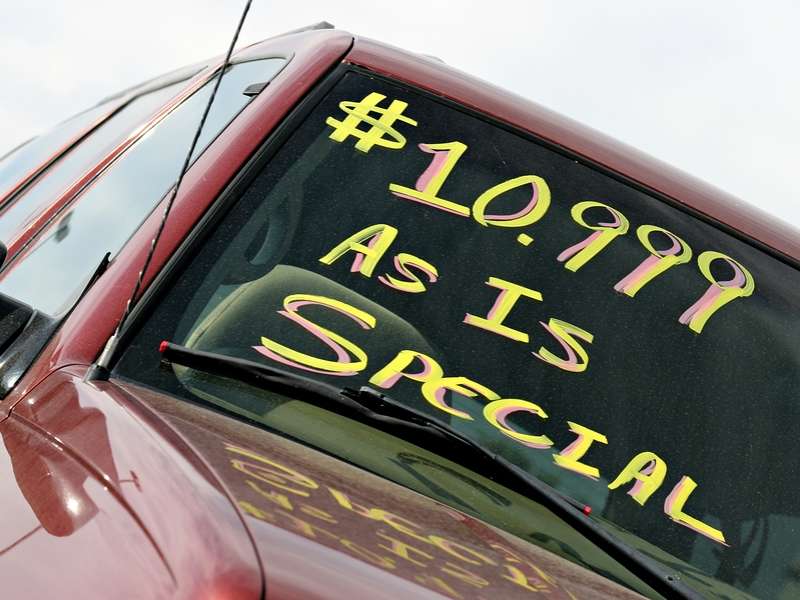
The Best Time To Buy Is At The End Of The Year
While it’s true if you walk into a dealership on December 31st 2014 and find the one remaining 2014 model the dealership needs to get rid of, they’re more likely to discount it; there are a number of reasons you might not want to. Chief among them is choice. The odds of that one car being exactly what you want are slim to none. Further, the 2015 models will have been coming into the dealership since like June or July, so finding a huge stock of leftover 2014s is pretty unlikely. Dealerships typically keep about a two-month supply of cars on the lot, so by the time you get to December, the 2014 models will generally be all gone. Waiting until the end of the year, while it might get you a shorter negotiation process and some additional incentive money, will also cost you one of the most significant reasons for buying a brand new car—the joy of getting exactly what you want.
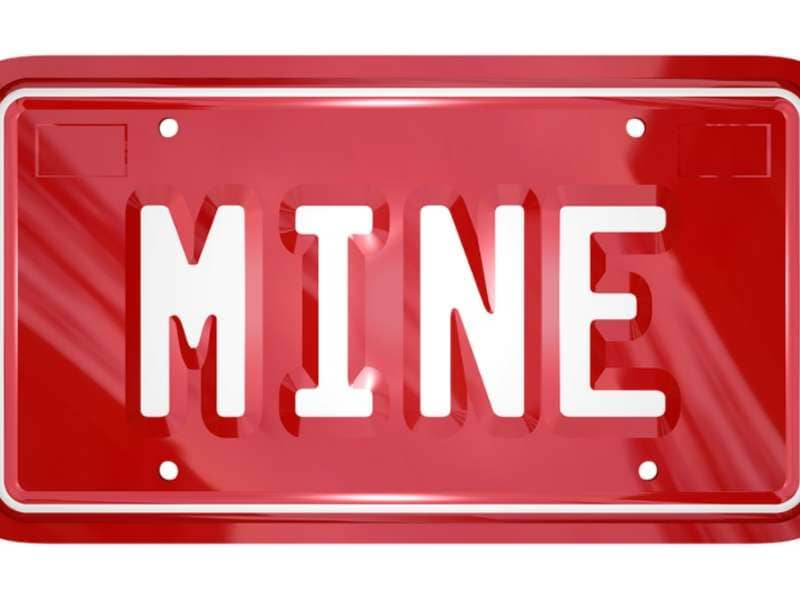
Car Reviews Are The Best Source Of Information
While car reviewers do all sorts of testing, comparisons between competing models, and other evaluations, the truth of the matter is when it comes to making a decision about a car you’re going to live with for three to five years, your butt is the single best authority. car reviews are useful in terms of helping you narrow your choices, and we do everything we can to be as accurate as possible in our findings. But you should never buy a car without driving it yourself. We are reminded of a story a friend who worked in car sales once told us. One day a woman walked into the dealership super excited about buying a particular car. She was pumped and ready to get it, all she wanted to know was if the dealership had the color combination she wanted. Our friend confirmed this fact, took her out to the lot to see it, and suggested she drive it. She insisted she didn’t need to drive it. It was the car of her dreams; she’d wanted one ever since she’d first seen them, and she’d read all about it. She had the money, she was ready to buy, she was paying cash, and didn't even want to haggle—she'd pay MSRP. She insisted there was nothing to do but fill out the paperwork. Nevertheless, our friend still vigorously encouraged her to drive the car. After going back and forth for a while, she finally agreed to do so. When she sat behind the wheel, they discovered she was too short to see out of the car. They adjusted the seat, raised it, slid it forward, and did everything they could—the car simply didn’t fit her. The moral here; never buy a car without driving it first, regardless of how good the reviews say it is. Your best source of information is always going to be to drive it yourself.
